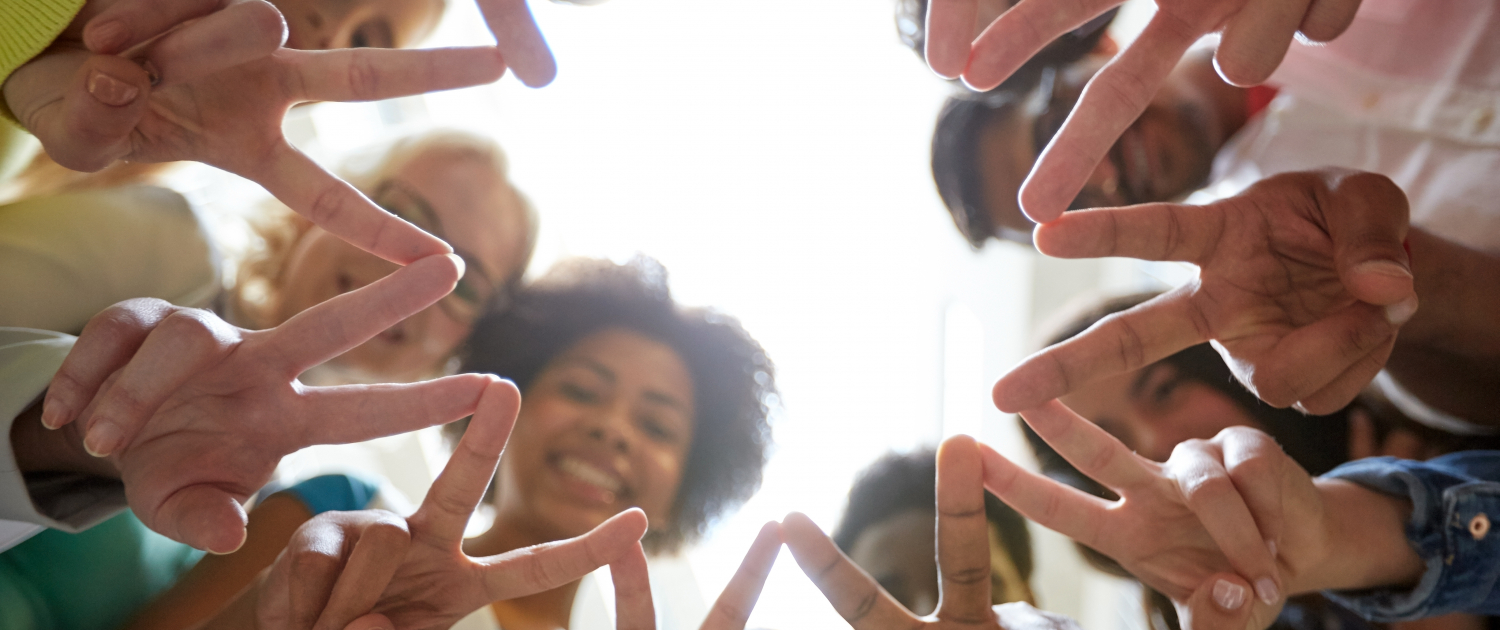Right to Peace
Defending and promoting the right of peoples and individuals to peace actually means creating the necessary and essential conditions for the development and recognition of fundamental human rights for all. Those who live in a state of stable and lasting peace is can take for granted the existence and the respect for all civil, political, economic, social and cultural rights that have become fundamental human rights such as: the right to life, freedom and to personal security, physical and mental health, education, religious freedom.
Peace is not just the absence of armed conflict nor just a matter of interstate relations (negative peace) but an ongoing process that should never taken for granted. It deals with the realization of sustainable social and economic development, respect for human rights and fundamental freedoms, promotion of justice and social justice, peace culture and education, non-discrimination, tolerance and dialogue, good governance and institution building, rule of law and accountability, among others (positive peace).
St. Pope John XXIII in April 1963, a few months after his ascension to heaven, published the encyclical “Pacem in Terris” in which he addressed “all men of good will” and spoke of “Peace among all people, in Truth, Justice, Love and Freedom.”
St. Pope Paul VI repeatedly said: “if you want peace, work for justice” (Pope Paul VI, 1972)
Peace has always been at the centre of the UN work and during the last decades some Member States and civil society organizations have striven for the recognition of the Right to Peace. At its 20th session, on 5 July 2012, the Human Rights Council adopted resolution 20/15 by which it decided to establish an open-ended intergovernmental working group to meet for 4 working days prior to the 22nd session of the Human Rights Council to progressively negotiate a draft United Nations declaration on the right to peace. This process, which APG23 actively contributed to, has led to the adoption of the 2016 UN General Assembly Resolution A/RES/71/189 “Declaration on the Right to Peace”. Article 1 of that declaration proclaims that “Everyone has the right to enjoy peace such that all human rights are promoted and protected and development is fully realized”.
APG23 advocates for the implementation of the Right to Peace and proposes the creation of a Ministry of Peace in every nation as an essential infrastructure in order to realize peace.
The members of APG23 firmly believe in the need to avoid any armed conflict and propose a non-violent way of life and conflict resolution.
The experience of dozens of young people involved in the Universal Civil Service and in the “Operazione Colomba”, was brought at the Palais des Nations in Geneva in a parallel event during the 21st UN Human Rights Council by the title “International Solidarity: Nonviolent Peace Operators in zones of conflict”. The event showed that a way of peace and dialogue in situations of conflict is increasingly possible and necessary.
United Nations Links:
- The Declaration on the Right of Peoples to Peace of 1984
- United Nations Expert Workshop on the Right of Peoples to Peace
- 2012 Report of the Advisory Committe on the right of peoples to peace
- Resolution n° 20/15 of 2012 of the Human Rights Council on the Right of Peoples to Peace
- Intergovernmental Working Group on Right to Peace – official web site
- Declaration of the Right to Peace (2016).

